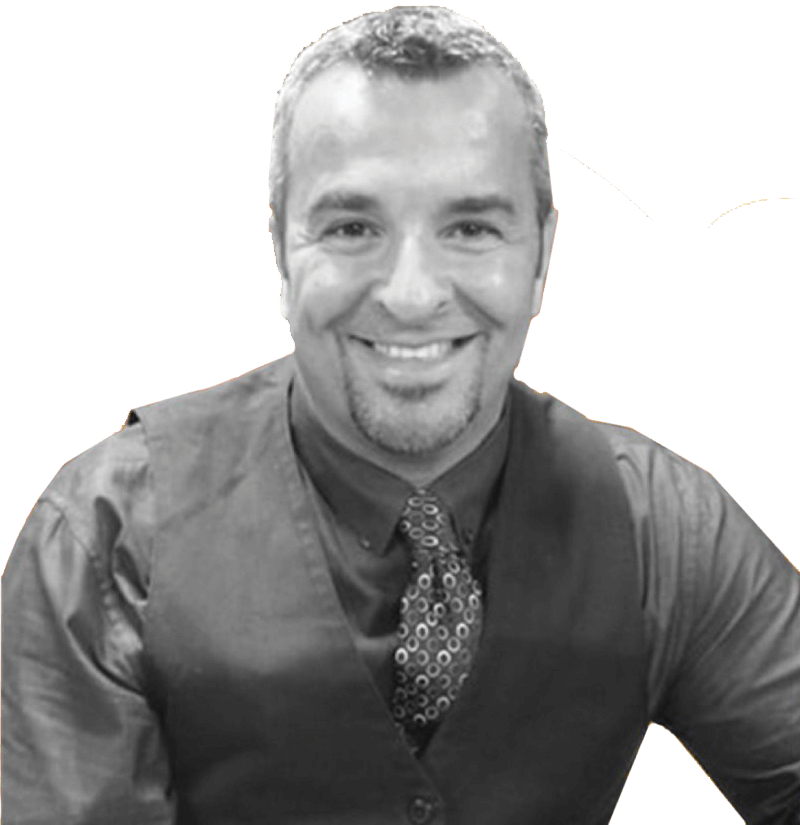Visit Us
Get Directions
Social media addiction is defined as compulsive and excessive use of social media (Facebook, Twitter, Instagram and Snapchat) even when use of those platforms is taking over your life and having a negative effect on your ‘real life’ and relationships.
“Social media can cause similar dopamine releases to the brain, mimicking the same euphoric experience that cocaine addicts chase. Likes, comments, retweets, and shares from social media platforms have been shown in studies to be nearly as addictive as a cocaine rush”

At Omega Recovery, Dr. Kardaras’s unique program does indeed address all those underlying issues. Yes, there is a digital detox period, but during that digital detox, the real work of self-discovery—and long-term recovery—occur. We meaningfully engage our social media addiction clients and connect them to caring, well-trained masters-level therapists trained by Dr. Kardaras and certified by the NIDHW (National Institute for Digital Health and Wellness). Clients begin to do the underlying psychodynamic work so that they can build a stronger and more empowered sense of their own identity—without the counterfeit social connection of “social” media.
“Unfortunately, it seems that we, as a society, have entered into a Faustian deal. Yes, we have these amazing handheld marvels of the digital age – tablets and smartphones – miraculous glowing devices that connect people throughout the globe and can literally access the sum of all human knowledge in the palm of our hand. But what is the price of all this future tech? The psyche and soul of an entire generation. The sad truth is that for the oh-so-satisfying ease, comfort and titillation of these jewels of the modern age, we’ve unwittingly thrown an entire generation under the virtual bus.”
-Dr. Kardaras


Your treatment is likely to be partially or fully covered with almost any major insurance provider.
The reasons why social media is driving us insane are varied–everything from the self-esteem shattering “comparison effect”, cyber-bullying, being more sedentary (which increases depression), superficial and tenuous extrinsically-informed sense of identity that’s shaped by precarious and fickle “likes”; the illusion of “friends” on digital platforms that are not really your there-for-you friends. All of that and more makes social media the anti-social digital drug.
Also known as Anti-Social Media. Because research is telling us that the more “friends” we have on social media platforms–Facebook, Instagram, Twitter, Snapchat–the less in-person friends we have. And, unfortunately, there are several research studies that indicate that the number of social media friends we have positively correlates with higher rates of depression. That’s right–more digital friends=more depression. In addition, there is also a higher incidence of cyber-bullying and self-harm–including higher rates of suicide. Yes, social media isn’t really so wonderful.
At Omega Recovery, Dr. Nicholas Kardaras, one of the country’s foremost experts on treating social media addiction and the author of the best-selling book “Glow Kids”, has developed a comprehensive and immersive 8-week program designed to not only treat social media addiction, but to also address any and all underlying issues that may be contributing to the addiction. Many social media addicts struggle with self-esteem issues, depression, anxiety, substance use, low resilience, shame, trauma…oftentimes they struggle to find real purpose and meaning in their lives.
”
So just shutting off your social media platforms for a while doesn’t really count as social media addiction treatment—it doesn’t address what’s driving the compulsive behavior and the need to perpetually be connected to social media platforms.”
In our Community Integrated Treatment Model, our Omega clients are engaged in living in the real world once again—and we make it fun as we help them to find their passion! Oftentimes, the tech devices are a substitute for a young person who feels bored, lost, depressed, adrift and lacking any real sense of purpose or direction. Omega Recovery helps them to find that meaningful sense of passion, purpose and direction in their lives. By living cooperatively in a treatment house in a vibrant community in the thriving city of Austin, we use all the social, nature-based, cultural, educational and economic opportunities available in an amazing city like Austin.
The recovering tech client gets the full clinical impact of an inpatient program in a much more comfortable, non-institutional alternative to traditional inpatient treatment. Dr. Kardaras has found that this type of treatment setting has better recovery outcomes as it is a more authentic and organic living and therapeutic environment, which translates into a smoother transition post-treatment.
Towards the end of treatment, the client works with their therapist to slowly begin to reintegrate mindful tech usage back into their lives. We help create a “digital re-entry” plan so that our clients and their families have a clear road-map of the transition back to our highly technological world. The recovered tech client needs to know how to balance healthy tech usage back into their lives as they look to get back into school, get a job or pursue any other passion that they may have. We assist our clients in post-treatment transition planning that includes aftercare, case management, peer coaching, job placement, recovery housing and much more.
Humans are social creatures that need social interaction in order to thrive. Comments, retweets, and shares from social media platforms have been shown to mimic or even replace the same social benefits we receive from in person interaction. This can be a problem when its used as a replacement for our interpersonal social connections. When someone uses social media as a means of coping with stress, their real life relationships can suffer from neglect, intensifying interpersonal issues even further.
The findings of a study comparing social media use, mental wellbeing, and academic performance among college students backed up the idea that social media addiction lowers mental performance. In the report, college students who used social media the most consistently performed worse academically than their peers who used social media the least.
The study also found that social media use has a detrimental impact on college students who already have poor mental health, suggesting that it can exacerbate the problem when social needs are not met. If you’re a college student or not, the study’s findings show that social media addiction can have a detrimental impact on success, whether it’s in school or at work.
Get HelpWhile hundreds of social media addiction treatment programs exist throughout Asia, treatment options in the U.S had been almost non-existent.
But now that’s changed. Omega Recovery offers the best, evidence-based, most immersive and transformative social media addiction treatment program for young adults in the United States.
GET HELP Verify InsuranceOur holistic, nationally-recognized and accredited program is here to provide you with the best evidence-based care, regardless of which stage of recovery you are in. Whether you’re seeking help for yourself or a loved one struggling with recovery – we can help.
Traditional Outpatient (OP), Intensive Outpatient (IOP) & Partial Hospitalization
Addicts often find it very difficult to take the first step to recovery on their own. We’ve treated hundreds of people with mental health, technology, and substance abuse addictions. Many claim that it was a loved one who first recommended them to our outpatient rehab program.
Here’s why we’re highly recommended:
Of Clients would HIGHLY
Recommend
Omega Recovery
Of Alumni say their
treatment at Omega was a
success
Of clients report that they
are sober after 6 months